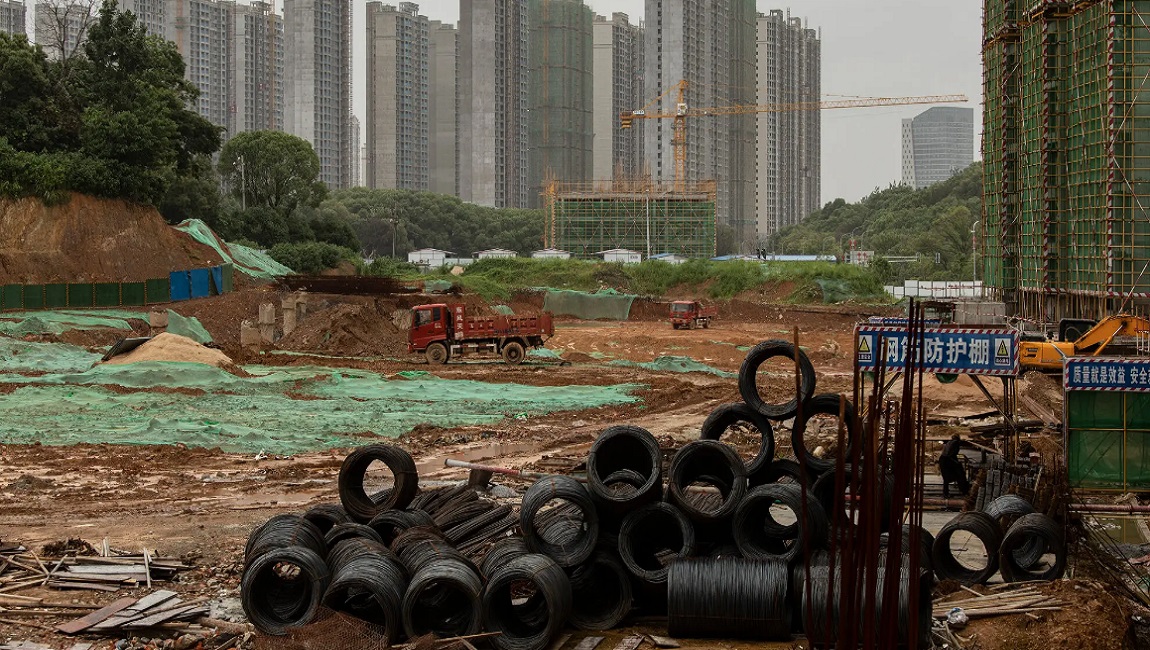China’s Economy Faces Yet Another Threat: Falling Prices
The United States has spent much of the past 18 months struggling to control inflation. China is experiencing the opposite problem: People and businesses are not spending, pushing the economy to the verge of a pernicious condition called deflation.
Consumer prices in China, after barely rising for the past several months, fell in July for the first time in more than two years, the country’s National Bureau of Statistics announced on Wednesday. For 10 straight months, the wholesale prices generally paid by businesses to factories and other producers have been down from a year earlier. Real estate prices are tumbling.
Those patterns have amplified concerns about deflation, a potentially crippling pattern of broadly falling prices that tend to also depress the net worth of households — as it did in Japan for years — and make it very hard for borrowers to repay their loans.
Deflation is particularly serious in a country with very high debt, like China. Overall debt is now larger in China, compared with national economic output, than in the United States.
The Chinese government has pressured economists inside the country not to mention the possibility of deflation, while publicly denying that deflation poses any risk.
“Generally speaking, there is no deflation in Chinese society and there won’t be in the future,” Fu Linghui, a National Bureau of Statistics official, declared at a news briefing on July 17.
It has been nearly eight months since China’s top leader, Xi Jinping, relaxed stringent anti-pandemic measures that had paralyzed many parts of the economy. After exhibiting bursts of energy early this year, the Chinese economy, the world’s second largest, has started to slow. Economic policymakers are under increasing pressure to step in to help revive growth, something they have signaled a readiness to do but have not yet carried out in a meaningful way.
“The Chinese economy is squarely facing the specter of deflation, increasing the urgency of government measures to stimulate the economy and, perhaps more importantly, steps to rebuild household and business confidence,” said Eswar Prasad, an economics professor at Cornell University and former China division chief at the International Monetary Fund.
The prospect of sustained deflation only adds to China’s difficult problems when geopolitical tensions are driving the United States and other key economic partners like Germany to seek alternatives to China as a primary source of manufactured goods.
Editors’ Picks
How You Should Change Your Workout Once You Hit 40
I’ve Listened to This Breakup Song a Million Times
